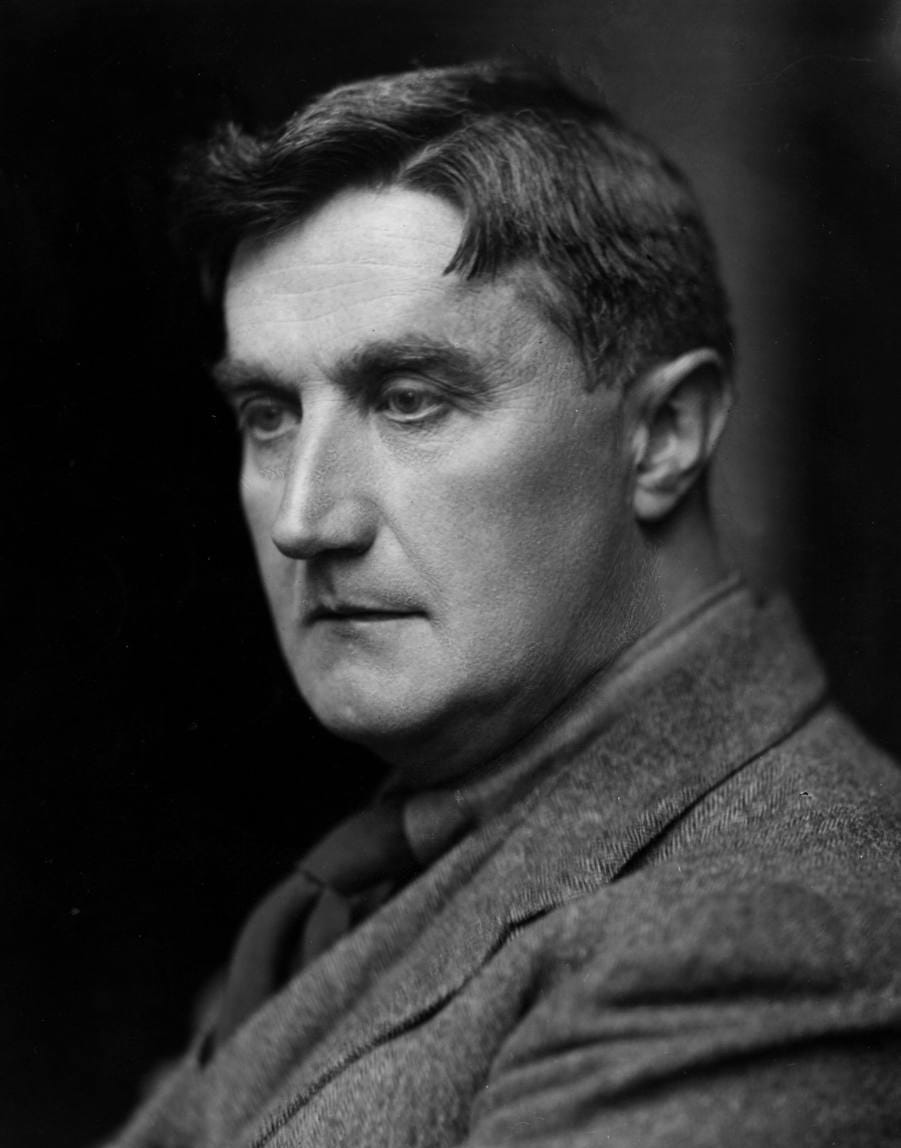Now Let Us Praise Famous Men R Vaughan Williams
The words are taken from Ecclesiastes 44,
Let us now praise famous men, and our fathers that begat us. The Lord hath wrought great glory by them through his great power from the beginning. Such as did bear rule in their kingdoms, men renowned for their power, giving counsel by their understanding, and declaring prophecies: Leaders of the people by their counsels, and by their knowledge of learning meet for the people, wise and eloquent are their instructions:
Ralph Vaughan Williams wrote some of his most moving and effective Choral music was set to religious words, as in this setting of texts from the Old Testament book of Ecclesiastes, chapter 44. This piece, while affecting and very much in the Vaughan Williams harmonic style, is uncluttered and convincing in its simplicity. It is for unison voices.
Ralph Vaughn Williams (1872-1958) was born to a wealthy family but with a good moral code and progressive social outlook. He always sought to help his fellow citizens. He also thought his music should be available and accessible by everyone. He developed late musically not really finding himself until in his thirties. He studied with Maurice Ravel 1907-1908 and this helped him clarify the texture of his music and rid him of Teutonic influences. He is one of our best known symphonists encompassing a wide range of moods from the utterly tranquil to ranging fury, mysterious to exuberant. He was strongly influenced by Tudor and folk music. He was deeply affected by the First World War in which he served. His body of work is vast and his music remains popular and widely performed.
 |
| From Wikipedia, |
Ave Verum Corpus William Byrd
"Ave verum corpus" is a short Eucharistic chant that has also been set to music by various composers. It dates from the 14th century and is attributed to Pope Innocent VI. During the Middle Ages it was sung at the elevation of the Eucharist during the consecration at mass. It was also used frequently during Benediction of the Blessed Sacrament. From Wikipaedia.
Todays setting was by William Byrd.
William Byrd (birth date variously given as c.1539/40 or 1543 – 4 July 1623) was an English composer of the Renaissance. He wrote in many of the forms current in England at the time, including various types of sacred and secular polyphony, keyboard (the so-called Virginalist school), and consort music. Although he produced sacred music for Anglican services, sometime during the 1570s he became a Roman Catholic and wrote Catholic sacred music later in his life.
